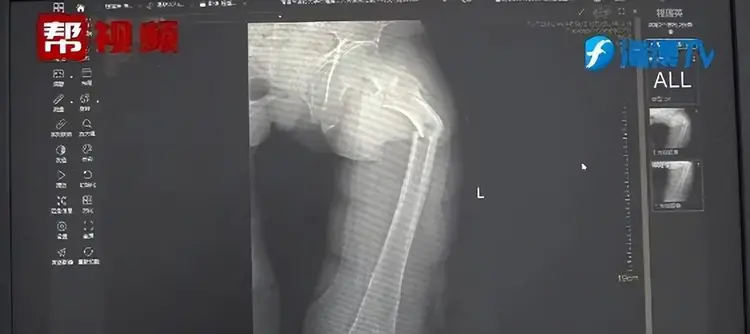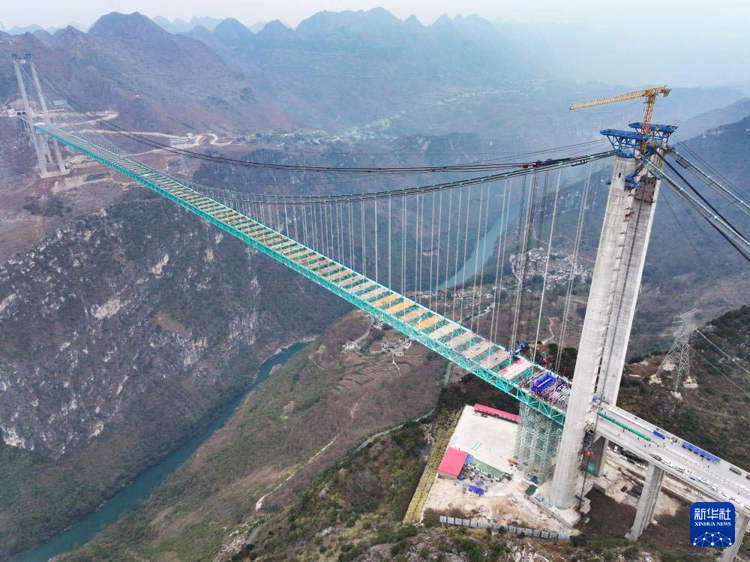The femur is widely considered the hardest or second hardest bone in the human body, but a 35-year-old man in China allegedly managed to break his just by coughing.
Doctors at the Second People’s Hospital of Fujian Province in China recently reported the shocking case of a 35-year-old man referred to only as Mr. Ye who suffered a fractured femur during a coughing fit. According to Dong Zhong, director of the Department of Orthopedics at the hospital, the unusual incident occurred during a coughing fit, which is unusual considering that men in Ye’s age range typically suffer femur fractures as a result of serious trauma, such as car accidents or falls from considerable height. Mr. Ye told doctors that he felt a sharp pain immediately after a particularly strong cough, but he simply brushed it off as a cramp. It was only after walking became difficult because of the pain that he decided to seek medical help.

An X-ray showed that Mr. Ye had suffered a femur fracture, but his story about the cough didn’t make any sense and there was no sign of any physical trauma. Zhong and his team decided to investigate further, asking the patient about his general health, eating habits, and lifestyle, but also conducted a bone density test which yielded troubling results. Ye’s bone density was similar to that of an 80-year-old man, which was unusual, even for modern, sedentary men.
After tests confirmed that Ye didn’t suffer from any bone illnesses, doctors concluded that he simply had incredibly fragile bones as a result of his coke-drinking habits, poor diet, and lack of exercise. The 35-year-old man told doctors that he had basically replaced water with sweet, carbonated drinks, which apparently prevented his body from absorbing calcium properly, thus affecting his bone density.

Dr. Dong Zhong explained that cola-based drinks contain phosphoric acid which combines with the calcium in normal food intake to form calcium phosphate after entering the body. The latter is harder to assimilate by the human body, so drinking such beverages frequently for long periods of time can have devastating consequences on bone density.






